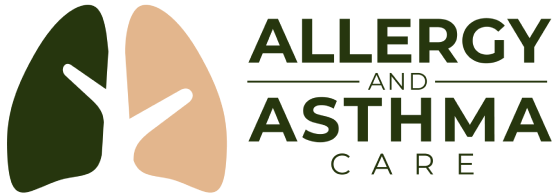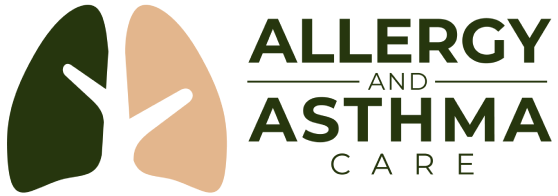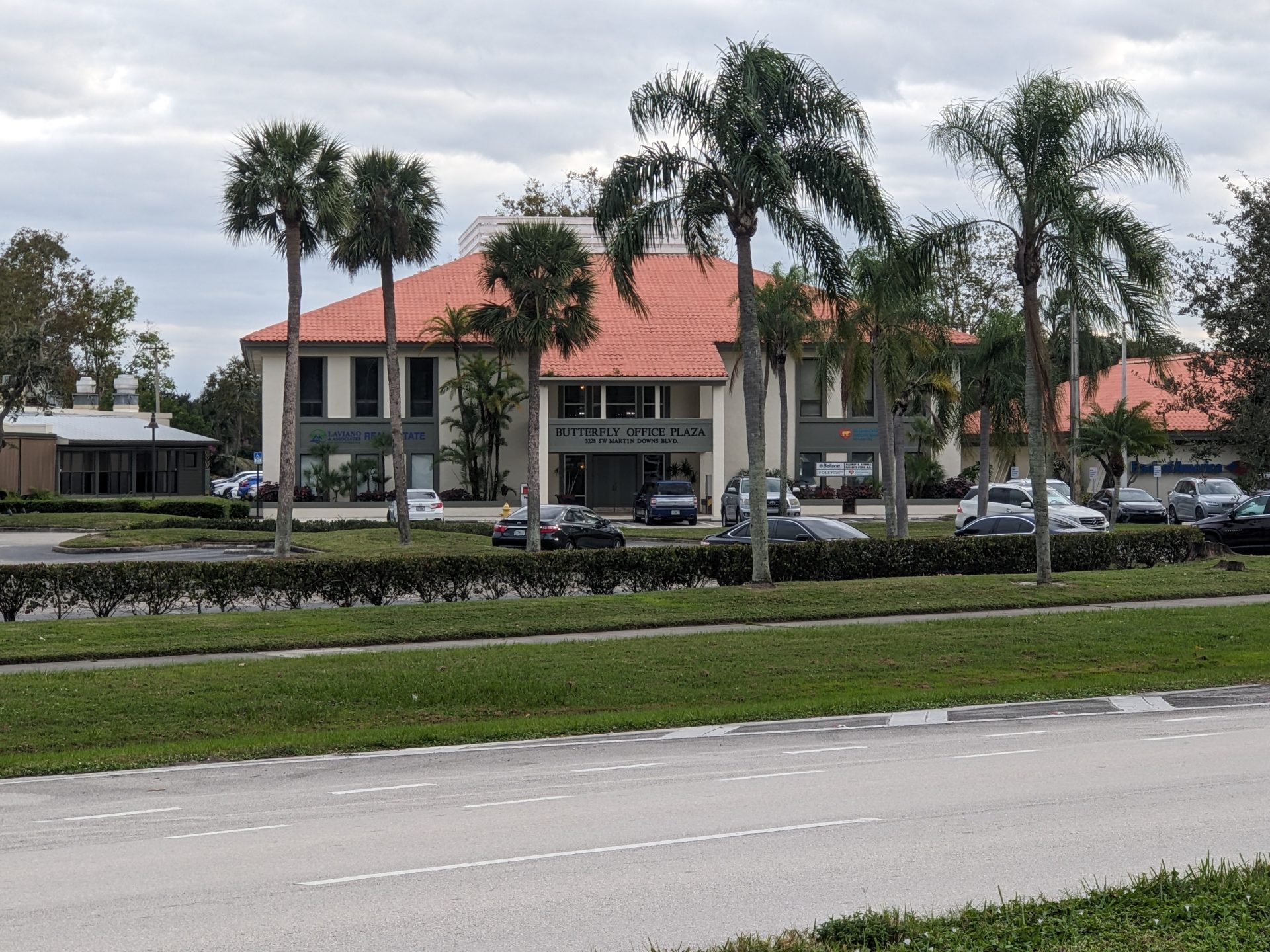Vasomotor rhinitis is a runny nose that is not caused by an allergy or cold. Other names for this problem are idiopathic rhinitis and non-allergic rhinitis.
Vasomotor rhinitis is caused by tissue in the nose that is sensitive to changes in environmental conditions such as rain,, temperature, humidity, and the presence of irritants. Examples of irritants are smoke, dryness, smog, and perfume. In response to these conditions or irritants, the nose makes more mucous.
The common symptom is a runny nose. Unlike allergic rhinitis, there is usually no itching or sneezing. You may have a stuffy nose (nasal congestion).
There is no specific test for the diagnosis of vasomotor rhinitis. Your allergist reviews your medical and family history. The diagnosis is suspected from your history and when other possible causes of symptoms have been eliminated.
If treatment is necessary, it is often helpful to base it on the main symptom.
If a runny nose is the only symptom, then a nasal spray containing the medicine ipratropium is the first choice.
If nasal congestion is the only symptom, nasal steroid sprays usually work best.
If you have more than 1 symptom or if the medicines mentioned above are not working, then the first choice may be a prescription antihistamine (azelastine) that you can spray into your nose. Antihistamine tablets are for allergies and do not usually help vasomotor rhinitis, but spraying the prescription antihistamine directly into the nose is helpful for most people with this problem.
The condition is usually lifelong. However, you may reduce the symptoms by avoiding the irritants in your environment that seem to cause problems for you.
There is no known prevention.


